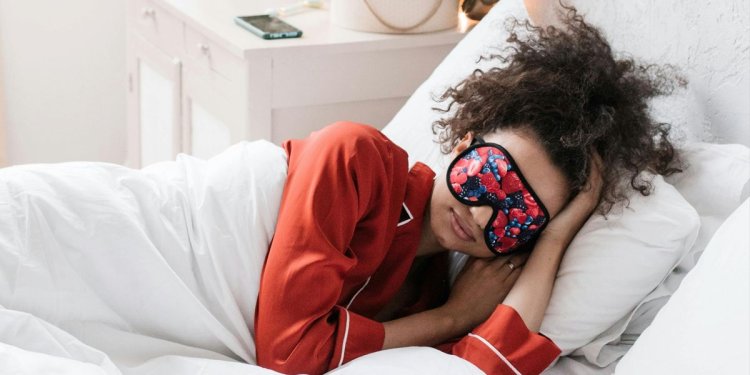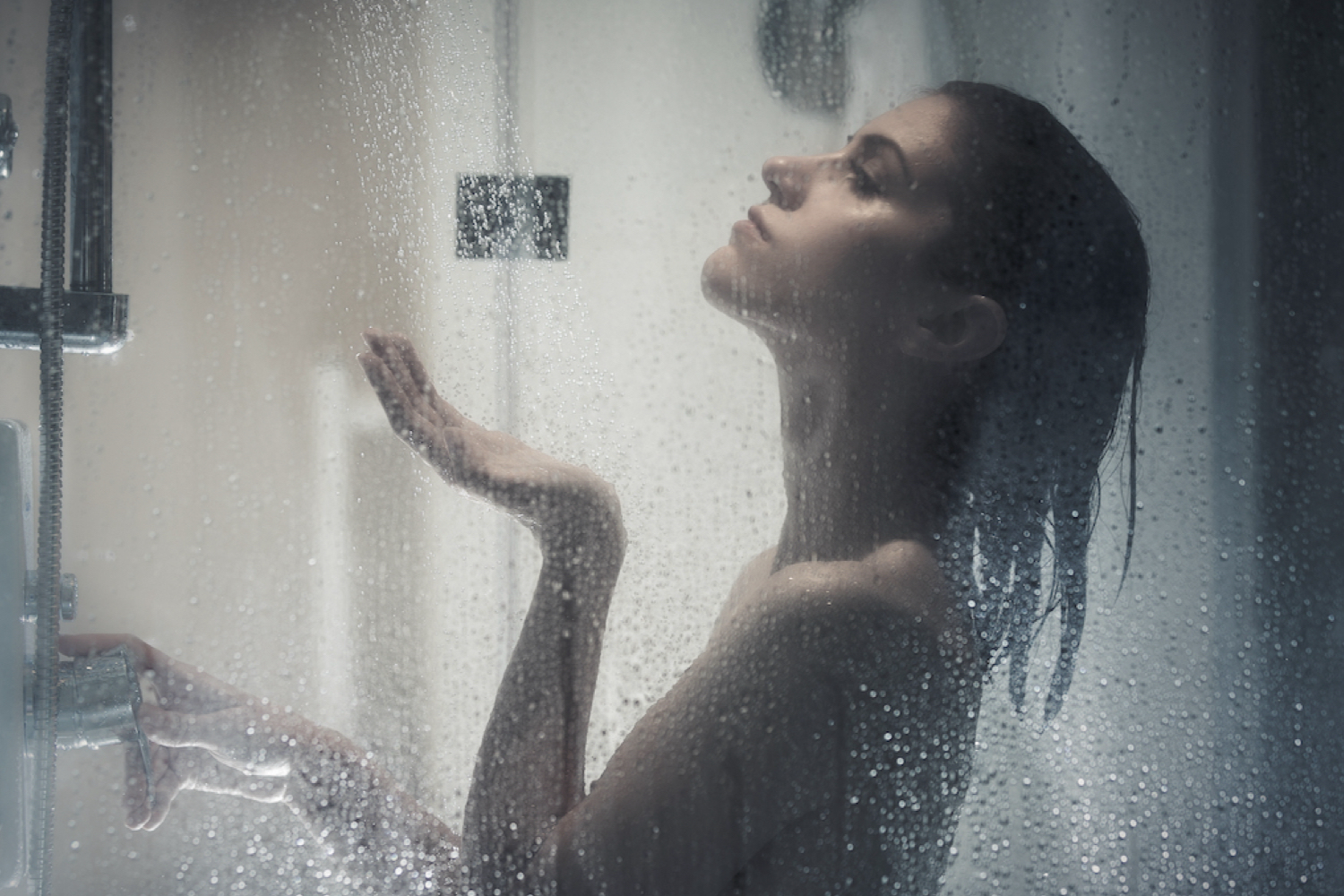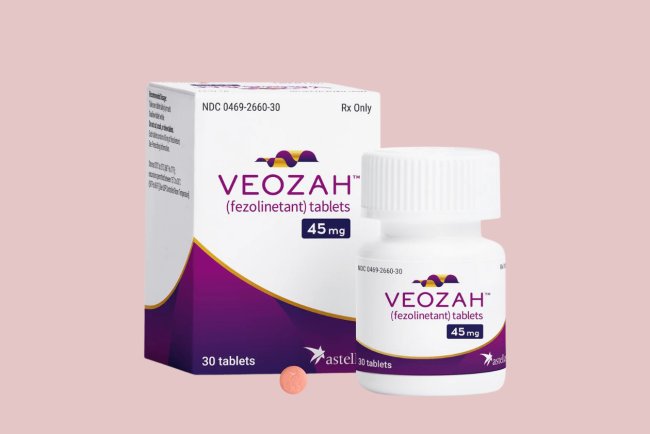Does Sleepmaxxing Make Sense? What TikTok Accurately (and Inaccurately) Says About Supercharged Sleep
One particularly dreamy movement that has started to take up significant screen time in the endless scroll of TikTok wellness fads is sleepmaxxing. It is precisely what it sounds like: a social media-driven attempt to optimize your sleep for optimal well-being, contentment, and efficiency. Furthermore, it raises the question of whether sleepmaxxing is a legitimate science or only a type of performance art at night, given that influencers are sharing moonlit tricks and late-night routines like sweets.

It is a little bit of both, spoiler alert.
In any case, what is sleepmaxxing?
Consider sleepmaxxing to be the biohacker's take on sleep hygiene, complete with glow lights and quiet affirmations. The concept, which has gained popularity because of creators like @thatonetrendywellnessgal and model Nara Smith, is straightforward: treat your sleep as though it were your most valuable possession, deserving of optimization, curation, and perhaps even a monologue.
Advice ranges from practical tactics (such as cutting off caffeine) to... dubious theatrical tactics (such as closing your mouth). An example of a sleepmaxxing regimen could consist of:
Taking a hot shower precisely one hour prior to bed
Not eating or drinking Two hours earlier
A cold, completely dark bedroom
Nearby, a white noise machine is quietly churning.
Magnesium, melatonin, and occasionally kiwi doses
A half-hour meditation session
No alarm clock at all in the morning
And, of course, a weighted blanket cocoon.
The goal of maximalist minimalism is to wake up feeling balanced, radiant, and ready to take on the day.
Does the Sleepmaxx Strategy Have Any Scientific Basis?
Although the phrase "sleepmaxxing" has not received any mention in PubMed or PsycNet, many of its recommendations are consistent with traditional sleep hygiene, which is a discipline that has strong scientific support. Some tried-and-true strategies for improving sleep include cooling your bedroom, avoiding the nighttime espresso, getting some sunlight in the morning, and shutting off screens before bed.
However, the science starts to falter when you start to go into the more bizarre activities, such as kiwi worship or mouth tapping.
Let us Discuss Mouth-Taping
Taping your mouth shut before bed to encourage nasal breathing is one of the most popular (and controversial) sleep-maxxing methods. Supporters assert that it increases oxygen intake, freshens morning breath, and lessens snoring.
However, after reviewing the trend, researchers from the Department of Otolaryngology at George Washington University concluded that the majority of the claims making the rounds on social media lacked scientific backing. Furthermore, it will not treat underlying conditions like asthma, allergies, or sleep apnea, even though it might somewhat reduce snoring. Therefore, it is preferable to consult a doctor rather than an influencer if your snoring is as bad as a lawnmower.
When Sleep Pressure Is Caused by Poor Sleep Hygiene
There is a thin line between obsessing over "perfect" sleep and seeking improved sleep. Let us introduce orthosomnia, a term used to characterize the growing worry people experience about having perfect sleep every night, which is frequently exacerbated by wearable technology and viral trends.
Some people become anxious over even one "poor" night's sleep in their quest for accuracy. Ironically, resting may become more difficult due to that pressure alone.
What About Weighted Blankets, Melatonin, and Kiwi Fruit?
The rundown is as follows:
According to the American Academy of Sleep Medicine, melatonin is beneficial if your circadian rhythm is disrupted (due to jet lag or shift work), but it is not advised for general insomnia or persistent sleep issues.
Kiwi: A small study that only included 24 participants suggests that kiwis may improve sleep, which is not exactly the gold standard of research.
Although there is no conclusive proof that weighted blankets significantly improve the quality of sleep for the majority of healthy adults, they may aid some people with anxiety and restlessness.
By ten of the clock at night? When your body truly wants to sleep will depend on your lifestyle, chronotype, and other factors. Advice that is universally applicable is not appropriate for your bedroom.
So, Is Sleepmaxxing Right for You?
Go for it if sleepmaxxing just entails keeping your bedtime and doing all the necessary steps to promote restful sleep. Sleep is sacred. Your immune system, mood, memory, and even metabolic health are all closely related to it.
However, it might be time to step back if you are going down a rabbit hole of self-optimization, putting on tape, and counting kiwis before bed in an attempt to become a morning superhuman.Because the truth is that a rebranding is not always necessary for greater sleep. Sometimes all it takes is paying attention to your body, clearing out internal and external distractions, and reminding yourself that consistency and care, not perfection, are what lead to pleasant nights.
What's Your Reaction?




















